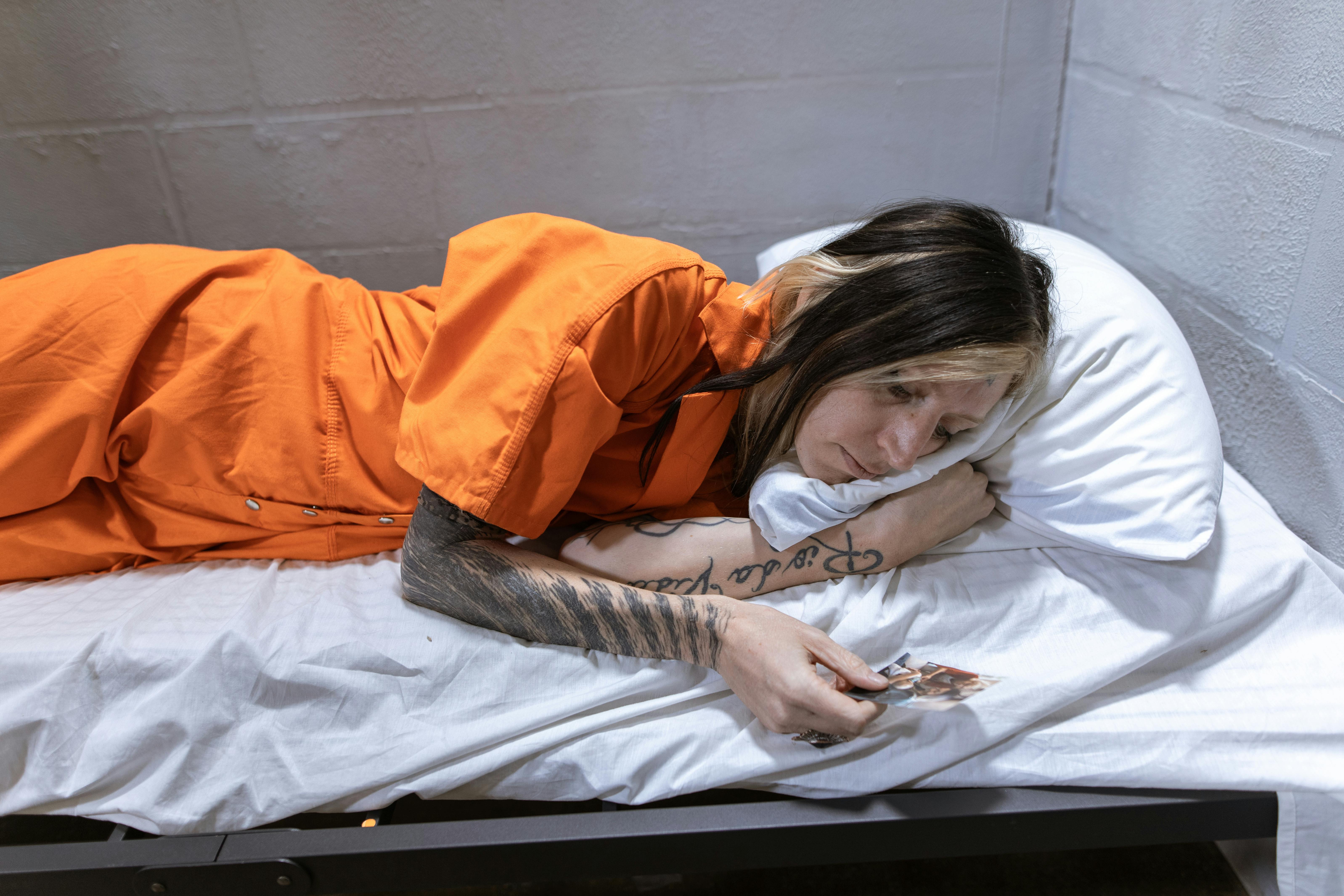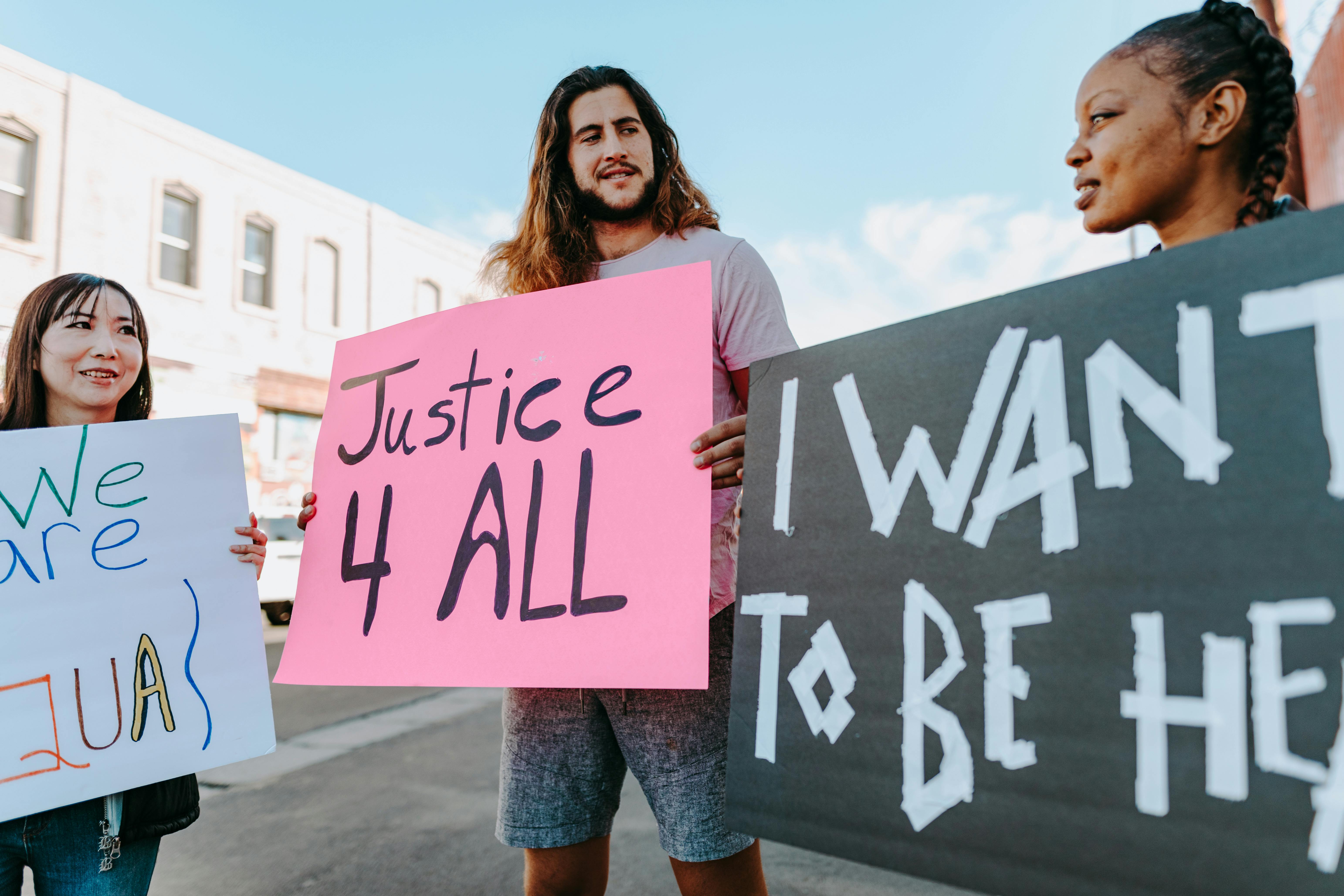True Meaning of Bail
A judge, or justice of the peace, can grant bail for an accused person to allow them to remain free until their trial. Usually, this involves depositing money or property with the court as a guarantee that the accused will return to court for their trials and hearings. Generally, if the accused is able to show that their release from jail will not cause a “substantial risk” of public safety or harm to witnesses and victims, then they should be granted bail.
However, many people are not able to afford the amount of money required for bail. When this happens, it can result in “wealth based detention” where those who have money can buy their freedom while those without it are held in custody until they take a plea or go to trial. This is particularly harmful for children charged in family court, who are not allowed to bail out of detention unless they have family or friends who can pay their bail on their behalf.
The court can also place a number of conditions on an accused’s bail to ensure that they will return for their trials and hearings. These may include requiring the accused to stay within a certain geographical area, reporting changes in their address or employment, not making contact with alleged victims, or depositing their passport so that they cannot travel abroad. These restrictions can be revoked if the accused is found to have breached them.

What is the True Meaning of Bail?
These restrictions are meant to address the risks that are identified by the Crown when it asks for the accused to be denied bail. However, the Supreme Court of Canada has made it clear in recent decisions (Antic (2017) and Zora (2022)) that these principles operate alongside the grounds for detention and do not replace them. Therefore, to be denied bail the Crown must prove that there are no alternative means of addressing the risk posed by the accused, including that it would be unreasonable to release them on bail with minimal conditions.
Despite these principles, it is still the case that every day nearly half a million people are in jail pretrial because they can’t afford to bail out. These people are not yet convicted of anything and being in jail causes them to miss important appointments, lose income, have difficulty accessing their medications, and can be abused by other prisoners or staff members. They are often separated from their families and children, and they have a much higher chance of being subject to criminal charges for breaking bail conditions.
This injustice is especially damaging for people of color, who are disproportionately affected by racial bias in our criminal justice system. Bail reform is needed to put an end to the practice of wealth based detention and to ensure that all those accused of a crime are treated fairly. In the meantime, The Bail Project is working to improve the lives of those who are affected by this inequality in order to build a just, fair, and equitable criminal justice system.


